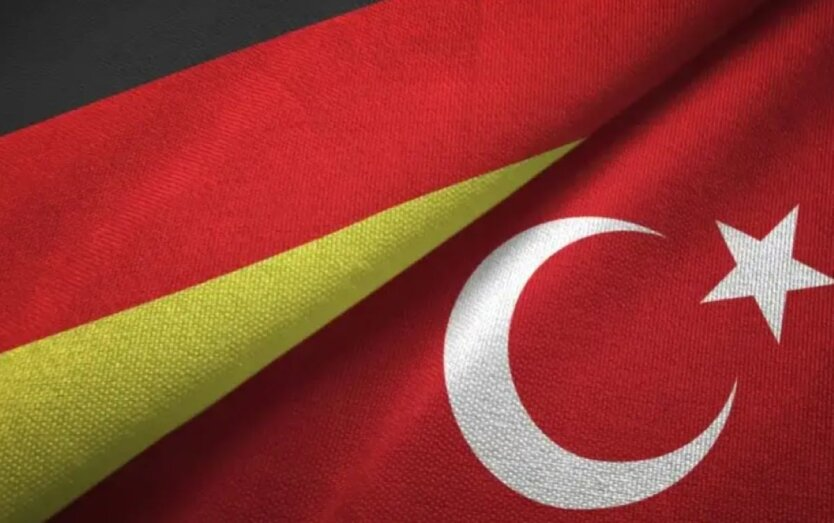Missiles, torpedoes, submarines: Germany resumes large-scale arms exports to Turkey.


The German government has approved large-scale arms exports to Turkey for the first Time in many years.
According to Der Spiegel magazine, the German Federal Security Council, which meets in secret, recently approved the export of German weapons worth several hundred million euros to Turkey, a NATO partner.
The volumes and types of armaments include: 100 air defense missiles, torpedoes for the Turkish fleet, large packages of materials for the modernization of Turkish submarines and frigates.
Specifically, MBDA has received permission to supply 100 guided missiles for the air defense of ships. The cost of these RAM-type missiles is estimated at approximately 100 million euros. The delivery of 28 SeaHake-type torpedoes from Thyssenkrupp's marine division, worth 156 million euros, was also approved.
German defense company consortiums have also received approval to supply materials for upgrading Turkish U209-type submarines worth 79 million euros. Additionally, the supply of engine parts for Turkish corvettes and frigates worth 1.9 million euros was approved.
The total value of the approved exports is estimated at approximately 336 million euros.
This news has caused significant resonance in German and European political and expert circles. Critics point to the problematic human rights situation in Turkey and its role in regional conflicts, particularly in Syria. Supporters of the decision emphasize the importance of supporting a strategic NATO partner and strengthening European security.
Experts note that this decision may indicate a change in the German government's stance on arms exports to Turkey. Previously, Germany limited such exports due to political disagreements with Ankara and concerns over the use of German weapons in regional conflicts.
Representatives of the German government have not yet officially commented on this information. It is expected that this issue will be discussed at the upcoming Bundestag meeting, where opposition parties are likely to demand explanations for this decision.
Geopolitical consequences
This news may also have geopolitical implications, affecting Germany and the EU’s relations with Turkey and the balance of power in the Eastern Mediterranean.
Read also
- Mobilization in Ukraine — what documents you need to carry with you
- Military Man Sentenced by Odesa Court for Desertion
- Woman praised the Russian army on social media - what the court decided
- The resident of Kharkiv turned out to be a saboteur - how the court punished her
- A Russian killed a girl for drugs - why he was pardoned
- Deferral for Caring for Grandmother - Necessary Conditions from TCC









